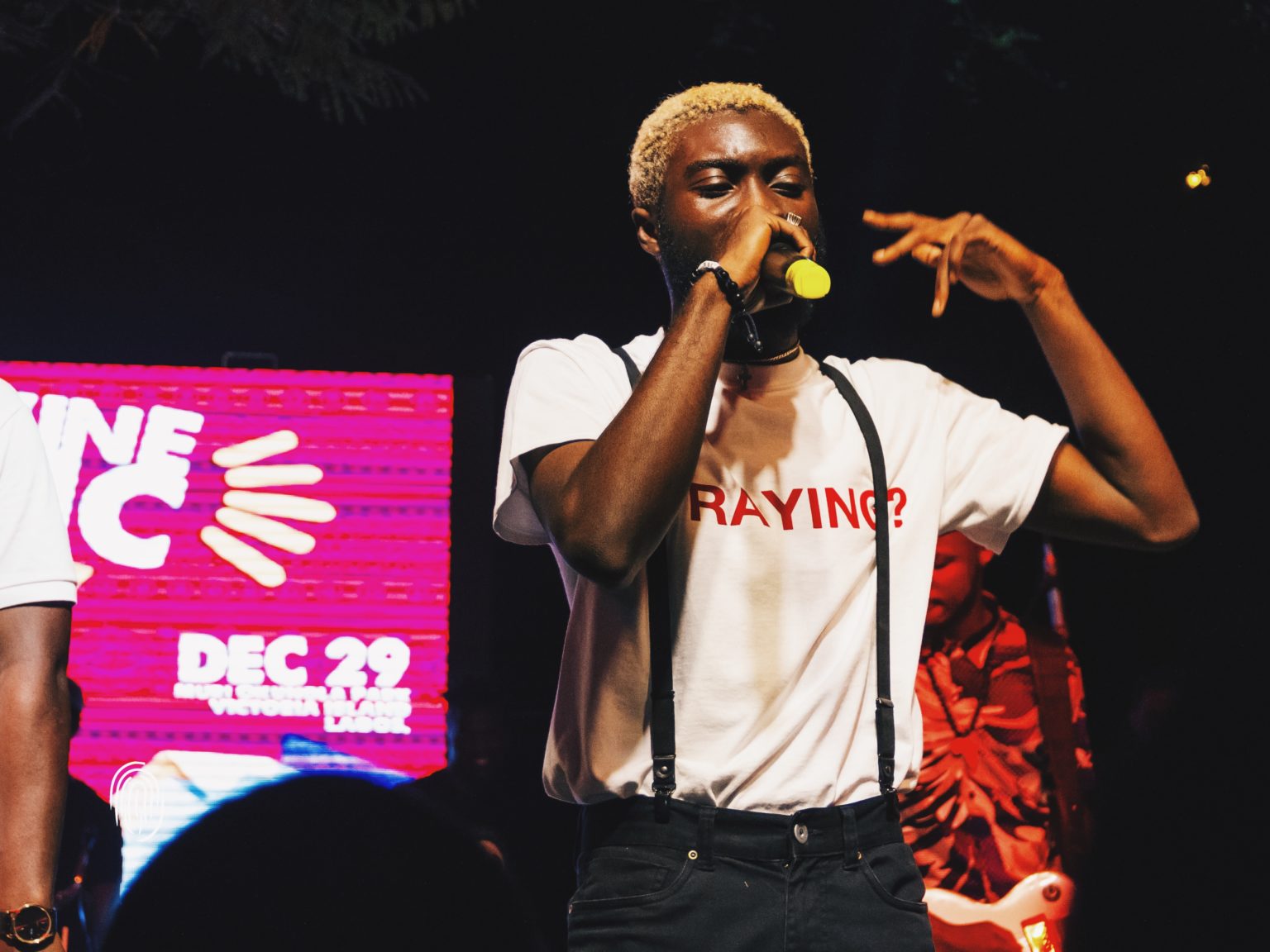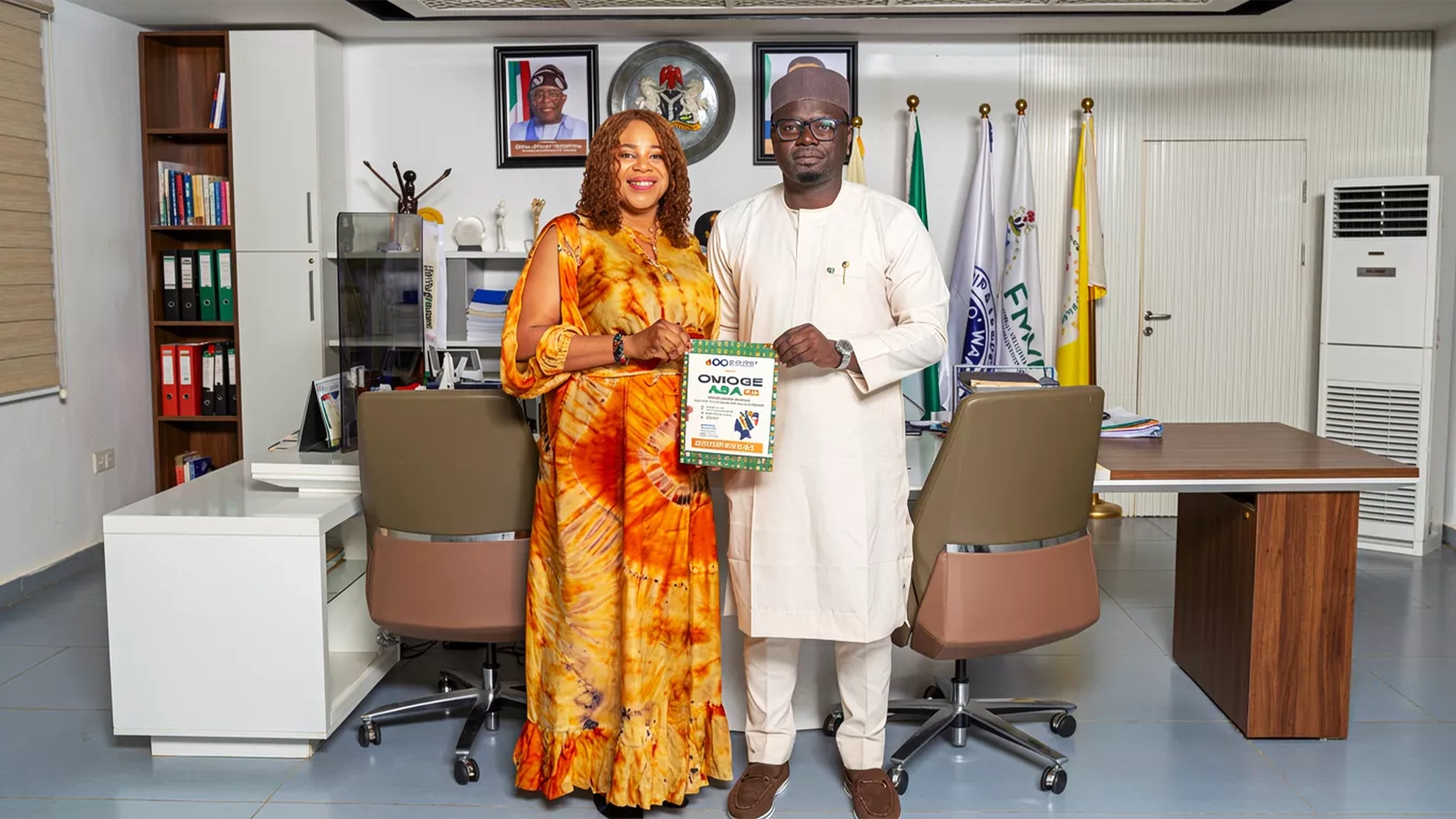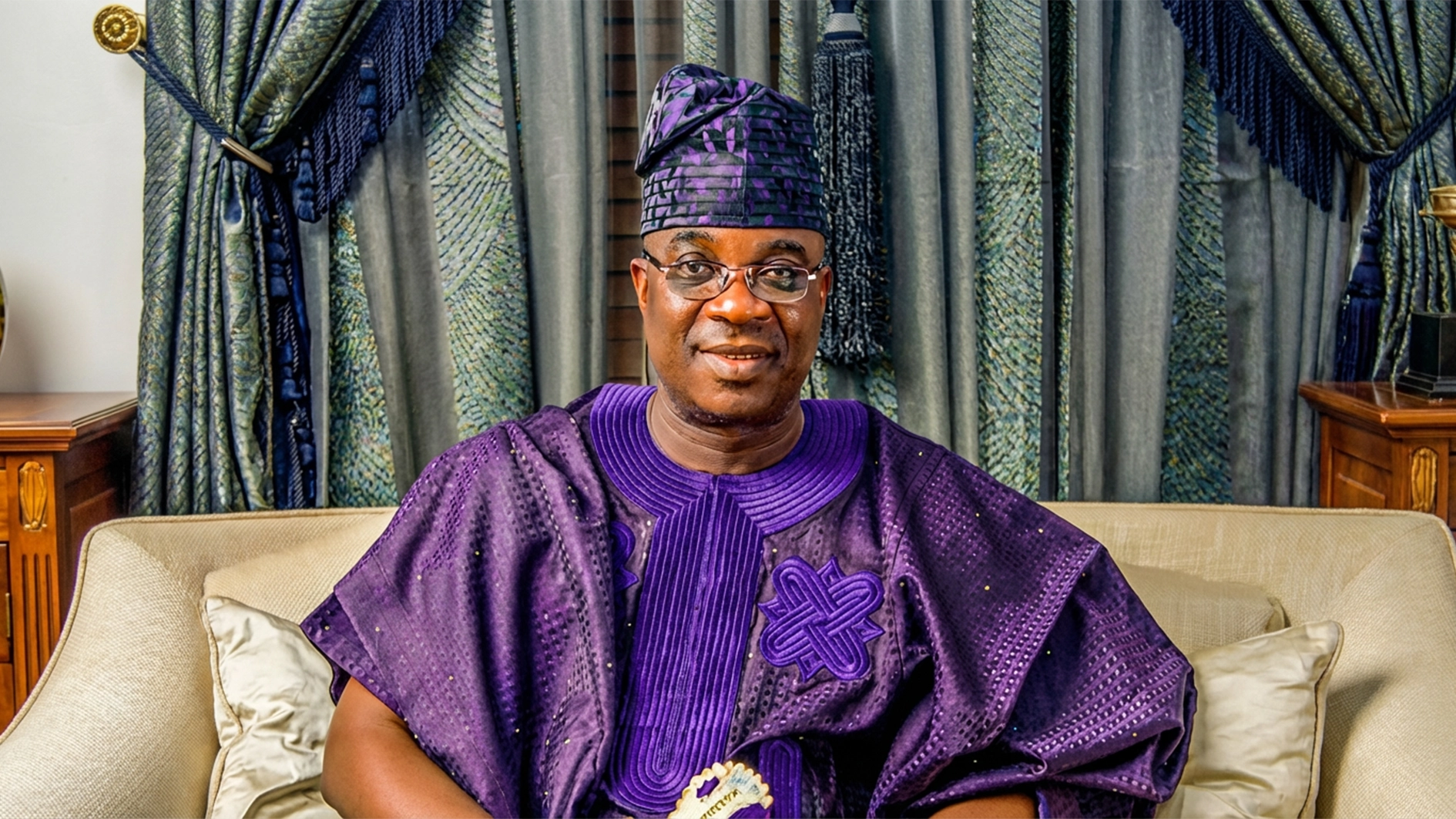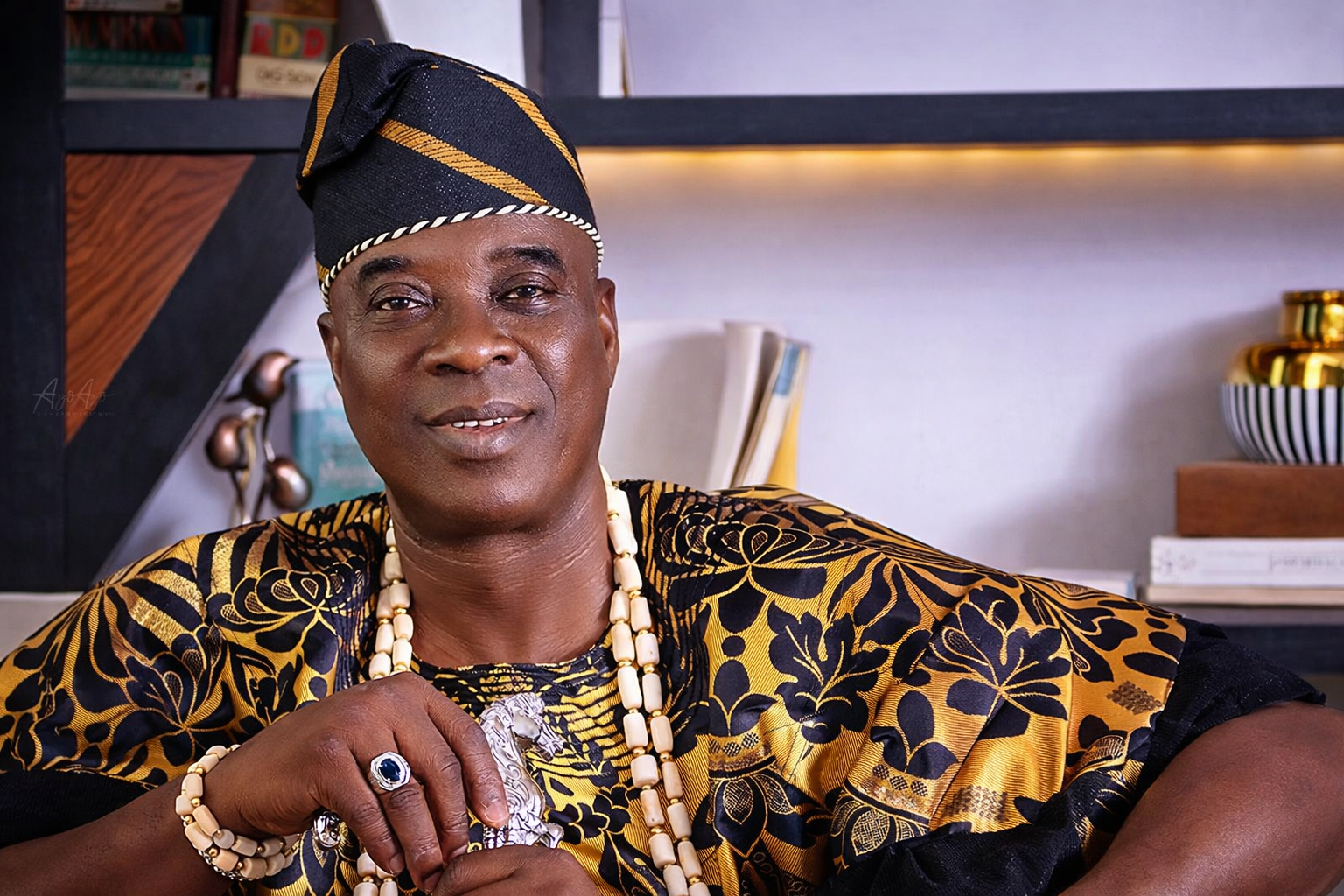
Nomenclature is integral to the human condition.
The need to categorise is in order to separate one thing from another as a way of understanding what one is presented with secondary to which is prejudice or acceptance.
New music by any generation will face an uphill battle to prove its worthiness to a preexisting order, and should be rigorously interrogated by artists and tastemakers though this is an age-old problem in a new voice, like old wine in a new keg.
The long debate over the term “alte music” – easily the most substantial new music movement in Nigeria – and its validity reach a revealing juncture last week on August 28th when two of its proponents – artist Odunsi (The Engine) and radio personality Douglas Jenkan – went head to head on the latter’s show “Pushing Good Music” (PGM Club) broadcast from Lagos.
The chief guest was MI Abaga whose deeply personal and authoritative album “A Study of Self Worth: Yxng Dxl” was celebrated and the creativity behind it exhausted over two hours when the discussion veered to the “alte wave” from which MI Abaga siphoned astutely and comprehensively for both of the albums he’s released in 2018 (the first being “Rendezvous: A Playlist” in February).
The song “Alte Cruise” by Odunsi, Zamir and Santi crystallises all that is portentous, progressive and, many would say, pretentious about Nigeria’s
“alternative” movement which is fronted by the musicians, but comprises of other creative sorts whose aesthetic pursuits would look like the simple rebuttal of all that is mainstream (afropop) and soulless (consumerism), but is in fact commensalism at play with the “cool kids” dependent on top layer pop for its underground vitality.
The sun-dappled and plaintive piano on “Alte Cruise” is emblematic of much of the music that has come from the scene and on individual projects by the trio of Odunsi, Zamir and Santi.
The accent on “alte” is a claim to refinement that would seem put on, but when pronounced, it recalls “authe”, a pidgin abbreviation of “authentic”.
Odunsi, who contributed heavily to both projects, made a strong case for the misconceptions around the term “alte” refusing the neat but limited summation of its maker’s aims and intentions.
Jenkan, on the other hand, insisted on the need for this loose set of artists to label their music for doing so will make it marketable and emphasise ownership citing Ed Sheeran’s adoption of afropop on “Bibia Be Ye” which supposedly did not recognise its Ghanaian origins.
The importance of both points is complicated by the impossibility of the question (to label or not to label?) which almost always leads to irresolution but one which further clarifies each camp’s actions and concerns.
Much of Nigerian contemporary pop has had to wrangle with the same question over what to call itself, “afropop”, “afrobeats”, “afrobeat” and any number of coinages.
“Afropop” would seem to have gained the most currency and usage for its distinction as “African” and its proximity to “world pop.”
This was not and is not being achieved through a rigorous discussion – on a radio show, studio, or people’s homes – leading to a resolution for those for or against the term. One inescapable factor is “time” and the passing of it which determines what lasts and what lapses.
Miles Davis was adamant about the term “social music” but neither his genius nor longevity could make it supplant “jazz” as the accepted label.
Ask just about every artist classed as “alte” what they’d rather each’s music is called and you’ll get a jumble of descriptions – “boxless”, “R&B fusion”, “soul-fusion”, “alt-soul-synthesis” – perhaps meant to capture all major music preoccupations that are impressive in their coinage.
These fancy terms insist on individuality but within a set or strict ethos shared with other artists with whom they are chummy friends as well as collaborators.
One neglected voice in the conversation is that of the even younger artists like Straffiti, Jethro Faded, Pretty Boy D-O and a host of others who may come to chafe against any names or association with “alte cruise” in order to pursue a different musical agenda whether in practise or philosophy by which point the current leaders of “alte cruise” would look like the big brother who is cool enough to hang with the newer cool kids, but would gain more respect and excitement if he matured into its next phase (whatever that may be).
Both arguments for and against “alte” fight a losing battle with time which is the ultimate decider of worthiness of any work of art.
But it is a battle that should and must be fought by either sides, if not for a conclusive result then for how well it revivifies consumption of and conversations around contemporary Nigerian music – especially one that is being made by its most sonically diverse and technologically savvy generation.
All that is bitter and brilliant about the conversation has put our music in its rudest health in decades.
But we all live in the present bound by time and confident in what we know, when it is hindsight that will confirm any deliberations.
[ad unit=2]






